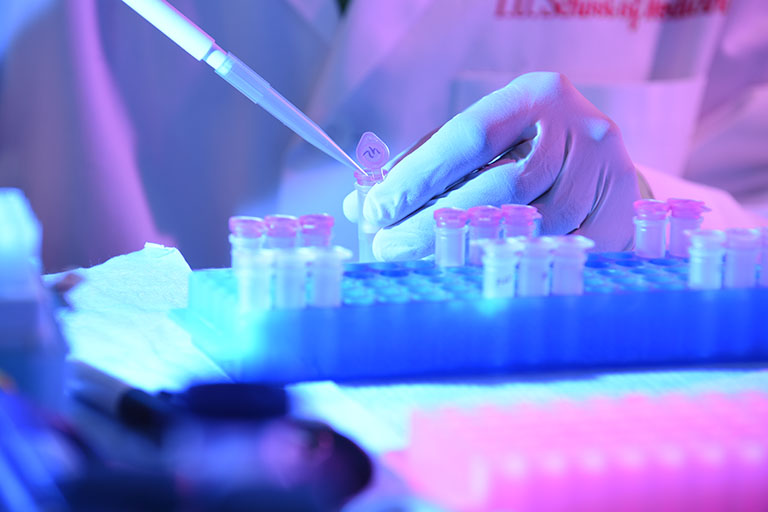Comprehensive education for fully-qualified biomedical researchers
Graduates of the Translational Cancer Biology PhD program at IU Comprehensive Cancer Center gain the necessary skills to become independent investigators on research topics related to cancer, and become well-qualified for a career in academia, industry, the service sector, and executive branches of the government.





